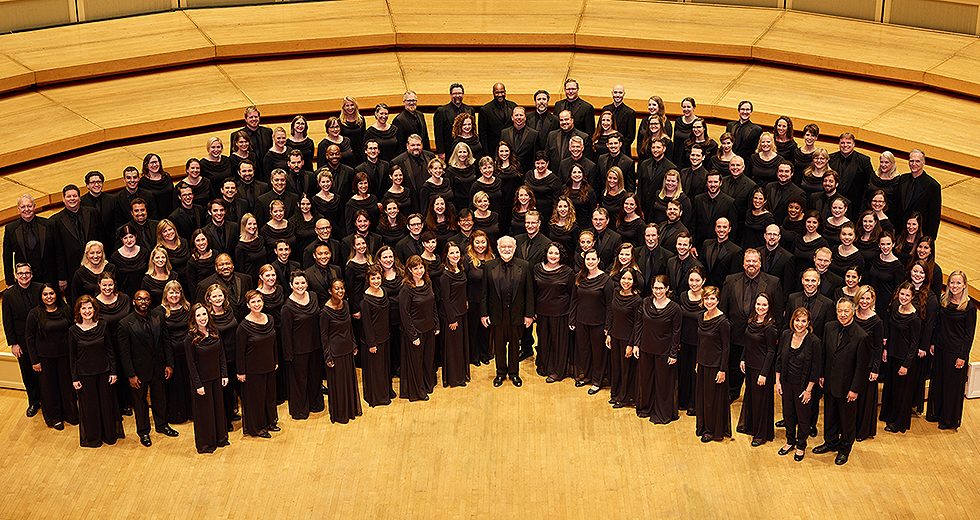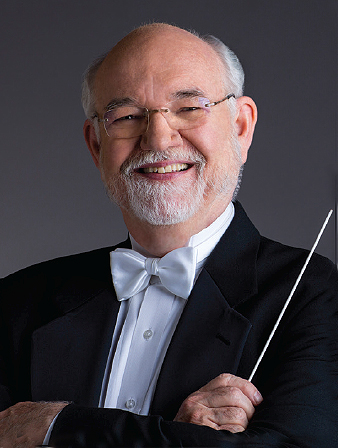
This season, the Chicago Symphony Orchestra Association pays tribute to the 60th anniversary of the Chicago Symphony Chorus. This splendid ensemble has become such a vital part of this city’s musical life that it is hard to believe the orchestra gave concerts for more than 60 years without it.

Duain Wolfe | Todd Rosenberg Photography
Almost as soon as the orchestra’s founder, Theodore Thomas, settled in as music director in 1891, he began campaigning for a permanent ensemble to perform great landmarks of choral music. His dream at last became a reality in 1957, when music director Fritz Reiner persuaded Margaret Hillis, then director of the New York Concert Choir, to put together a chorus to perform with the orchestra, forming the ensemble as we know it today.
The public debut of the Chicago Symphony Chorus in March 1958 coincided with the final Chicago appearance of the legendary conductor Bruno Walter, who had chosen Mozart’s Requiem as his swan song. By the time the chorus sang again a few weeks later, in Verdi’s Requiem under Reiner, the press and the public recognized it as an ideal match for the Chicago Symphony Orchestra in its precision, pure intonation, beauty of tone and vocal splendor.
After Hillis retired in 1994, Duain Wolfe was appointed director of the chorus following a long international search, and his name has since become synonymous with the ensemble, as he has retained the qualities that made it famous, further extended its range and made it his own.
Over the years, the chorus has developed a reputation and a following far beyond Orchestra Hall. It has appeared with the orchestra in Carnegie Hall and at the London Proms, the Berlin Fesstage and the Salzburg Festival. Under Reiner in 1959, the chorus made the first of many classic recordings, including Prokofiev’s Alexander Nevsky, still in the catalog more than half a century later. It has since recorded not only the great choral masterworks, but also complete operas, including Verdi’s Otello on CSO Resound, conducted by Riccardo Muti. The chorus has received 10 Grammy Awards for Best Choral Performance, most recently for Verdi’s Requiem, led by Muti.
This season, the Chicago Symphony Chorus focuses on two important choral works long absent from the orchestra’s repertoire: Schubert’s magisterial Mass in E-Flat (March 22-24) and Rossini’s impassioned Stabat mater (June 21-24), composed after he retired from writing for the stage, both under Muti’s baton. Early in October, the chorus tackles a celebrated work that has never before appeared on the CSO’s programs: Gounod’s St. Cecilia Mass (Oct. 5-7), a homage to the patron saint of music.
Phillip Huscher is the program annotator of the Chicago Symphony Orchestra.